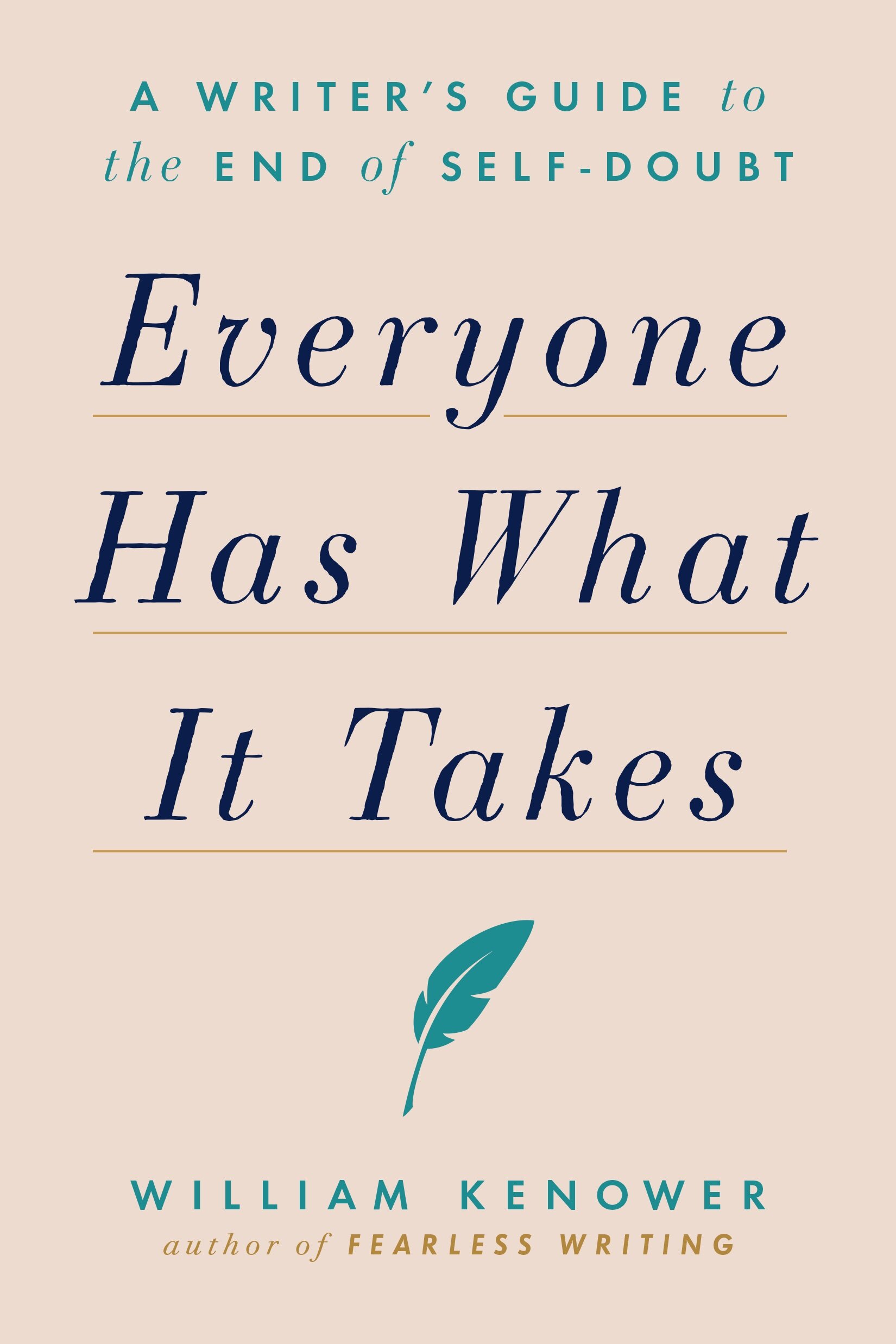Practice Believing
I’ve spent the last four or five years teaching myself to sing. Or rather, teaching myself that I can sing, by which I mean simply hitting the right notes in the right key. For most of my life, though I sang often while wandering around my home or driving, I had no idea if what was coming out of my mouth was the song’s actual melody. I didn’t believe there was any way I could know, that my ear couldn’t differentiate between what I imagined I sounded like, what I hoped I sounded like, and what I actually sounded like.
It turns out I could hit the right notes in the right key, and that if I paid attention, if I listened with my actual ears rather than my imagining ears, I could even tell the difference between right and wrong notes. Not always, and at first not even often, but I could. I decided that if I could hit one correct note, then I could hit two correct notes, and so on. But only if I believed I could. For many years, I spent as much time practicing believing I could sing well on purpose as I did practicing singing itself.
I thought of my singing the other day when I was teaching a beginning memoir class. Most of the students were new to that form, and many of them were new to creative writing itself. Many of the pieces we workshopped were pretty rough, filled with long unnecessary passages, vague descriptions, and a series of anecdotes rather than a single, coherent narrative. Yet every piece contained at least one or two passages that were vivid, with strong physical descriptions, or insights that showed a clear connection between the author’s inner and outer world. In each case, those passages could have been excerpted from a published work.
It struck me that it wasn’t that these students didn’t know how to write a story, it was that they didn’t know they knew how to write a story. Just as I didn’t believe I could know when I was hitting the right notes, these students didn’t believe they knew the difference between what was working and what wasn’t. As their teacher, I pointed out where their work succeeded and where it went astray, but now it will be up to them to believe what they were shown: that they could already do what they wanted to do, that they’d already taught themselves, and now they need only learn to do it on purpose rather than accidentally.
If you like the ideas and perspectives expressed here, feel free to contact me about individual coaching and group workshops.
Everyone Has What It Takes: A Writer’s Guide to the End of Self-Doubt available for pre-order now!
You can find William at: williamkenower.com


